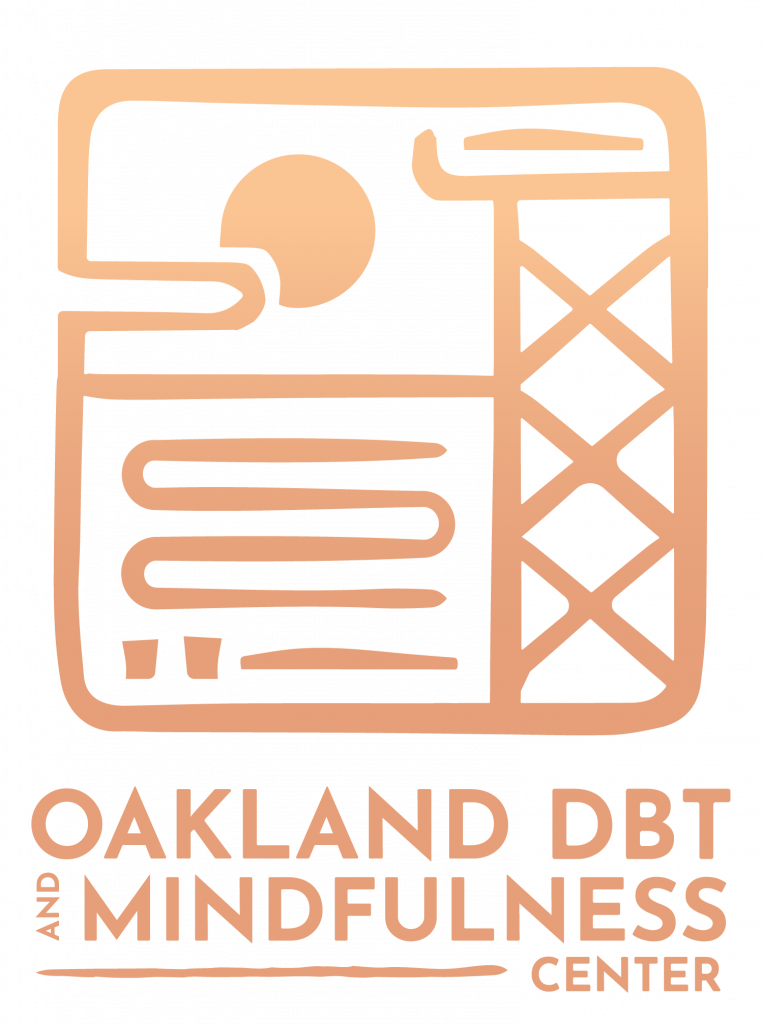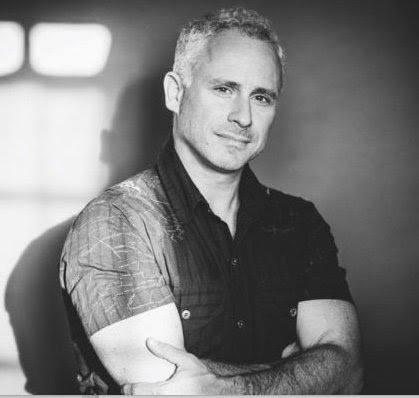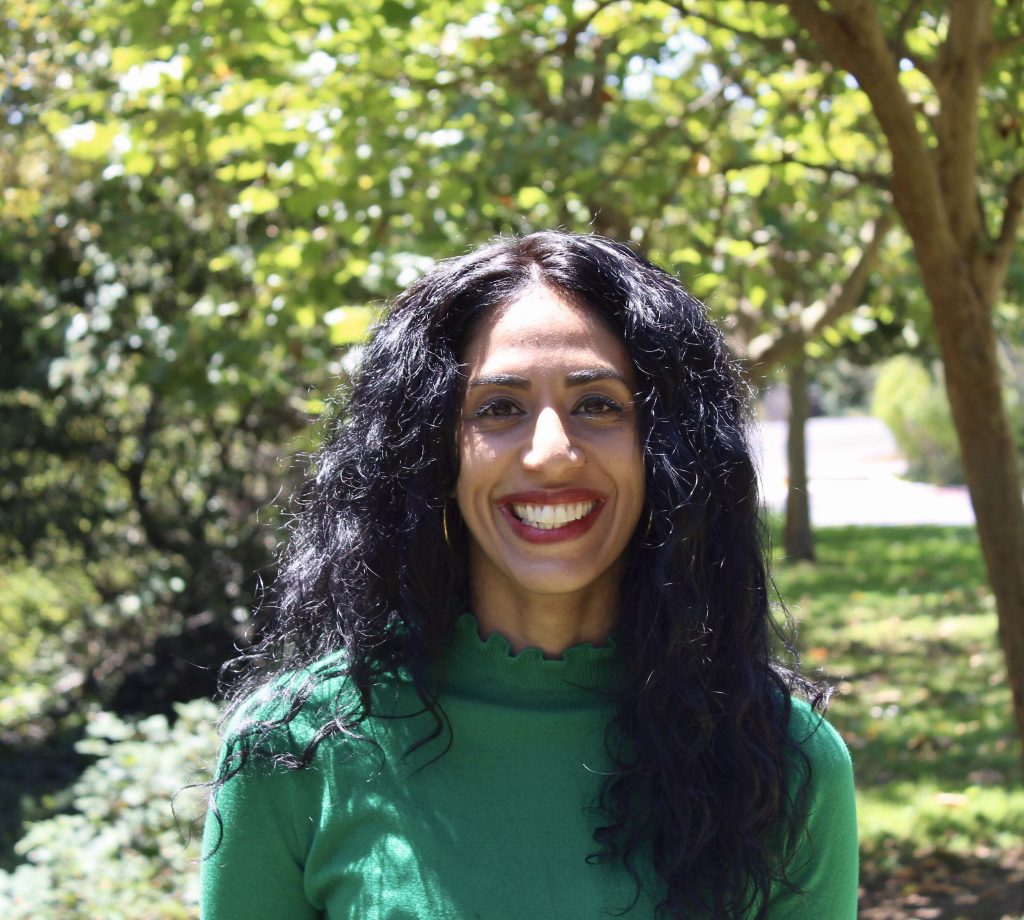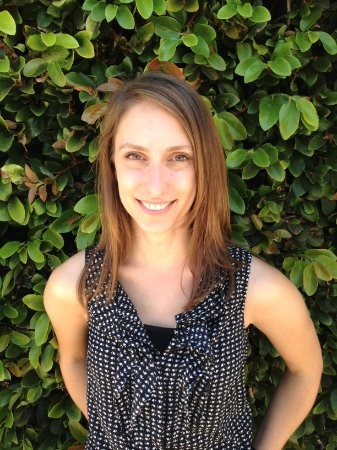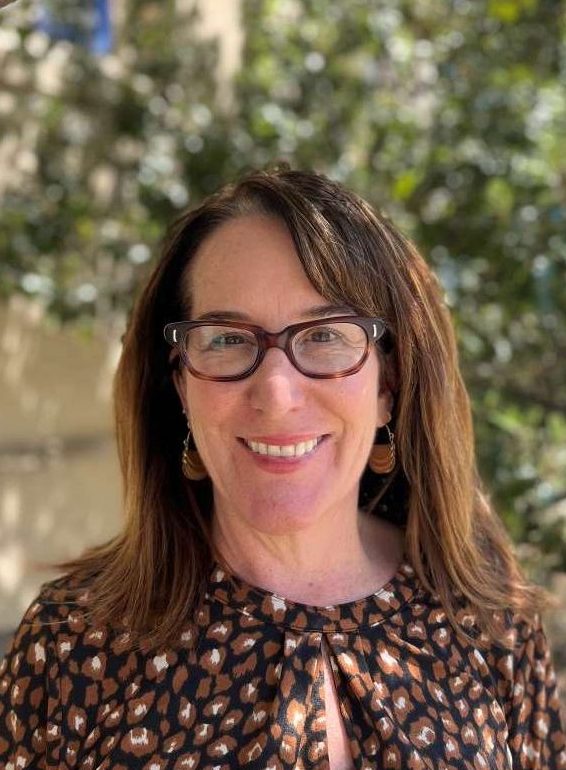For trauma therapists, Oakland can feel overwhelming. There are dozens of listings, each with different titles, specialties, and approaches. For adults and families who are ready to begin healing, the challenge is not just finding a therapist, but finding the right therapist – someone whose training, methods, and personality align with your unique needs.

At Oakland DBT & Mindfulness Center, we understand the importance of that match. Our team works with individuals, couples, and families to heal the effects of trauma through evidence-based therapies and compassionate care. Whether you are dealing with the lingering impact of childhood trauma, relationship difficulties, or stress that feels unmanageable, choosing the right therapist is the first step toward lasting change.
What to Look for in a Trauma Therapist
When you start your search for trauma therapists in Oakland, keep the following in mind:
1. Specialized Training in Trauma
Not all therapists have the same background. Look for professionals who specifically mention trauma-focused training, such as Dialectical Behavior Therapy (DBT), EMDR, or somatic approaches. Trauma can affect both mind and body, so it’s essential to choose a therapist who understands its complexity.
2. Evidence-Based Approaches
Research indicates that specific methods are particularly effective for trauma recovery. At our center, we integrate DBT, mindfulness, EMDR techniques, and other evidence-based practices, providing clients with multiple pathways to healing and recovery.
3. Comfort and Trust
Skills and training are essential, but so is the connection you feel with your therapist. The therapeutic relationship itself provides safety and consistency, which are necessary for trauma work.
4. Flexibility and Accessibility
Life in Oakland and the Bay Area can be busy. Many people benefit from a practice that offers both in-person and telehealth sessions. At Oakland DBT & Mindfulness Center, we offer both in-person trauma therapy, available at our Piedmont Avenue location, and virtual sessions for clients across California, Colorado, and Florida.
Approaches Used by Trauma Therapists in Oakland
Every client’s story is different, which is why a variety of therapeutic methods are available.
Here are some of the most common and effective:
DBT (Dialectical Behavior Therapy)
DBT combines mindfulness and acceptance with practical strategies for change. It is beneficial for people who struggle with overwhelming emotions, unstable relationships, or past trauma that continues to impact daily life. At the Oakland DBT & Mindfulness Center, DBT is a core offering, available through both individual therapy and DBT skills classes.
EMDR (Eye Movement Desensitization and Reprocessing)
EMDR is a structured therapy that helps reprocess traumatic memories so they become less overwhelming. Many clients describe EMDR as a way to “unhook” from memories that once triggered intense reactions.
Mindfulness and Somatic Therapy
Mindfulness practices teach clients to notice and regulate thoughts and feelings without judgment. Somatic therapy concentrates on how trauma is stored in the body, using grounding and movement techniques to release stress and create a sense of safety.
Integrative Trauma Therapy
At Oakland DBT & Mindfulness Center, trauma care often integrates these methods. For example, a client might use DBT skills for emotional regulation, EMDR for processing traumatic memories, and mindfulness for daily grounding. This blend ensures therapy matches the person rather than forcing the person to fit the treatment.

How to Choose the Right Fit for You
Choosing the right therapist is personal. Here are steps that can make the process easier:
Clarify Your Goals: Are you seeking to manage daily anxiety, heal deep-seated childhood wounds, or enhance your relationships? Knowing your goals helps match you to the right approach.
Ask About Methods: Don’t be afraid to ask a therapist what methods they use for trauma and why. The best trauma therapists clearly explain their approaches and demonstrate how they will tailor therapy to meet your needs.
Consider Practical Needs: Think about location, telehealth availability, cost, and insurance. Accessibility makes it easier to stay consistent.
Trust Your Instincts: During a consultation, pay attention to your feelings. Do you feel heard and respected? Does the therapist explain things in a way that makes sense to you? Comfort and trust are non-negotiable.
Why Oakland DBT & Mindfulness Center
If you are searching for trauma therapists in Oakland, our team at Oakland DBT & Mindfulness Center is here to help. We specialize in:
Trauma-Informed Care: Blending DBT, mindfulness, EMDR, and integrative methods.
Range of Services: From individual therapy to couples and family therapy and skills classes.
Local and Virtual Access: Conveniently located in Oakland with options for telehealth across multiple states.
Compassionate, Skilled Clinicians: Licensed therapists who create a safe and supportive environment for every client.
At our center, trauma therapy is not just about reducing symptoms; it’s about building resilience, creating healthier relationships, and reclaiming your life.
Taking the Next Step

Healing from trauma is a journey, and the right guide makes all the difference. If you are ready to move forward, contact Oakland DBT & Mindfulness Center today to learn more about our trauma-informed therapy options. Together, we can create a path toward safety, resilience, and growth.
FAQs (Frequently Asked Questions)
1. How do I know if trauma therapy is right for me?
If you find that past experiences still affect your emotions, relationships, or daily functioning, trauma therapy may help. A therapist trained in evidence-based approaches, such as DBT or EMDR, can guide you toward healing. The best first step is a consultation to specify if therapy is the right fit for you.
2. What types of trauma can therapy help with?
Trauma therapy addresses a wide range of experiences, from childhood neglect and abuse to sudden life events, grief, or chronic stress. Whether the trauma is recent or decades old, therapy provides tools to process and release its impact. The focus is always on your unique story and needs.
3. How long does trauma therapy usually take?
The timeline varies depending on your goals, history, and comfort level. Some clients find relief within months, while others benefit from longer-term support to rebuild resilience and trust. A good therapist will regularly review your progress to ensure that therapy remains effective and continues to be meaningful.
4. What if I feel nervous about starting trauma therapy?
Feeling anxious is normal — starting therapy means facing difficult emotions. A skilled trauma therapist will create a safe and supportive environment, moving at a pace that feels manageable and comfortable. Remember, therapy is a partnership, and your comfort always guides the process.
5. Can I combine trauma therapy with other treatments or practices?
Yes. Many clients benefit from blending therapy with wellness practices such as mindfulness, yoga, or medical treatment. At Oakland DBT & Mindfulness Center, integrative care ensures your therapy supports your whole self — body, mind, and relationships. Collaboration enhances healing.

